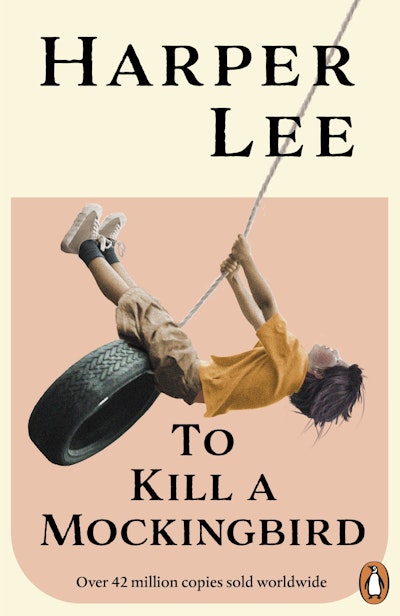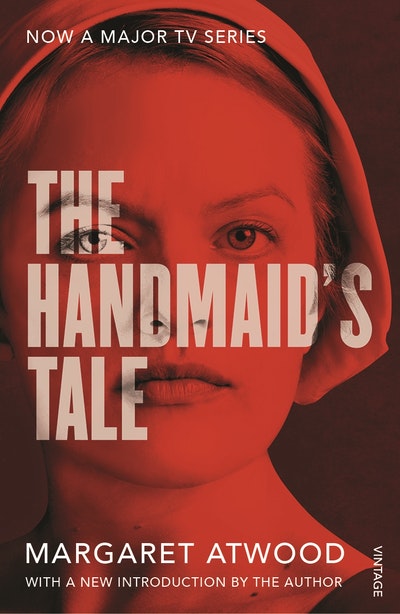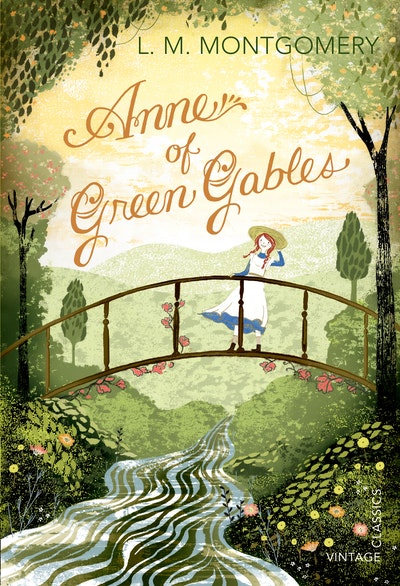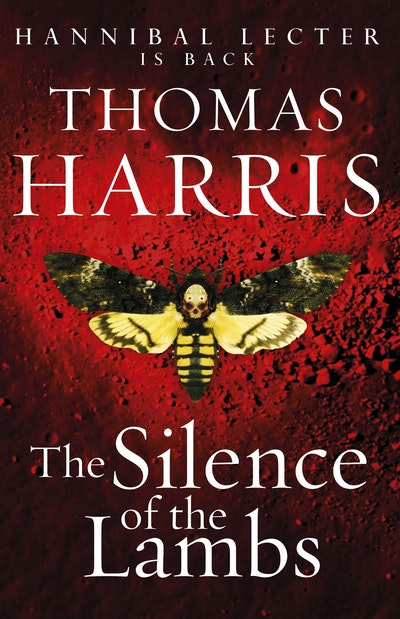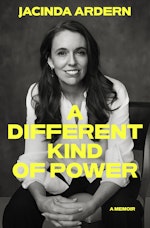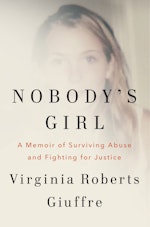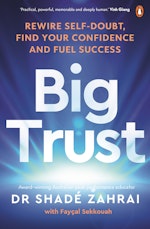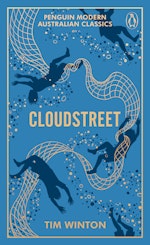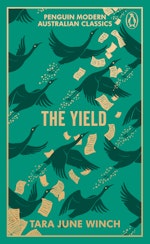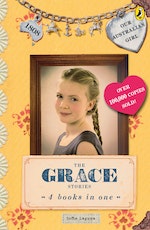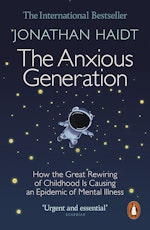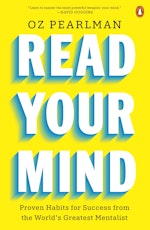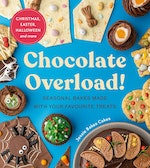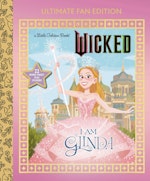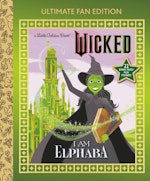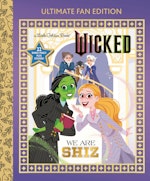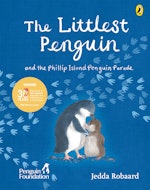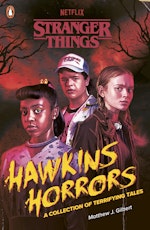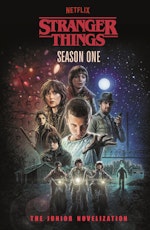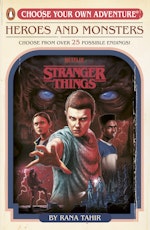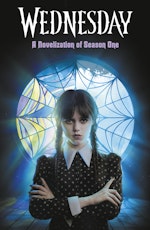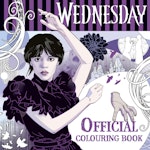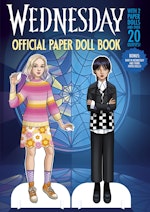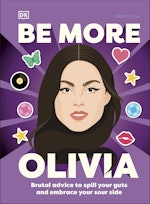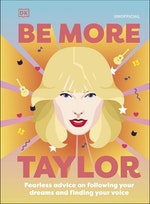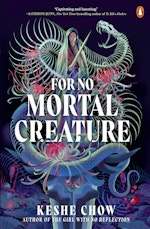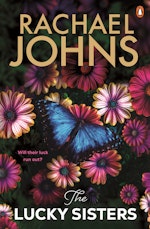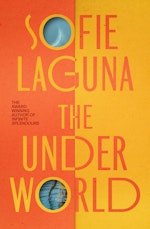Heroines of literature we can all look up to.
They speak out against prejudice, they raise the bars of friendship, they stand up for their beliefs, they stare down adversaries and they challenge the status quo. They’re flawed in ways that make them relatable at first read, and ever more remarkable when we read again and again. To mark International Women’s Day, here we celebrate some unstoppable heroines whose actions transcend the page to influence our greater consciousness.
Elizabeth Bennett – Pride & Prejudice by Jane Austen
Intelligent, lively and playful, with a sharp wit and shrewd eye for character, Elizabeth Bennett is at times her worst enemy – quick to pass judgement, and often blind to her own prejudices. But her moral convictions are also her greatest strength. And settling for a socially advantageous but loveless marriage is not an option.
Matilda Wormwood – Matilda by Roald Dahl
Matilda Wormwood’s father thinks she’s a little scab. Matilda’s mother spends all afternoon playing bingo. But Matilda is an extraordinary little girl with a magical mind, and now she’s had enough. The grown-ups had better watch out, because Matilda’s plotting to teach them a lesson they’ll never forget.
Jo March – Little Women by Louisa May Alcott
Lover of books, opinionated, free-spirited, energetic and adventurous Jo March won’t settle for a traditional domestic role. Jo is destined for greatness, though of what variety she’s not yet sure. But as the previously unthinkable prospect of romance looms large, the question is: how will she reconcile her dreams against her rapidly changing reality?
Clarice Starling – The Silence of the Lambs by Thomas Harris
In the male-dominated FBI world of murder investigation, Clarice not only has to contend with the bad guys, but she’s also up against a workplace culture rife with misogyny and gender inequity. But prove herself as more than capable she does. And if they only paid attention, some of her male colleagues could learn a thing or two about putting brains before brawn.
Penelope – The Odyssey by Homer
Talk about loyal! With her husband Odysseus missing 20 years at the Trojan War, Penelope devises many tactics to fend off a swag of suitors. And she’s cunning. For three years she claims she’ll choose a husband once her father’s funeral shroud is woven, only to secretly unstitch each day’s work every night. Her masterstroke: challenging her would-be husbands to a task only Odysseus himself is capable of achieving.
Jane Eyre – Jane Eyre by Charlotte Brontë
An orphan, Jane has a far from idyllic childhood, and she’s rebellious and fiercely independent young woman as a consequence. Jane navigates conflicts at every turn, and as the story progresses her righteous resolve strengthens still. Refusing marital advances, instead she focuses on establishing herself as a self-made woman. It’s racy territory for 1847.
Offred – The Handmaid’s Tale by Margaret Atwood
Intelligence and perception are Offred’s strongest qualities, and perhaps her deepest flaws. Stolen from the independent life she knew, she’s thrust into extraordinary circumstances of servitude and power imbalance. But as she navigates this horrific new world, she does so with an unsettling sense of quiet rebellion. How far is she willing to test her surrounds?
Anne Shirley – Anne of Green Gables by L.M. Montgomery
Spirited, imaginative and hopelessly romantic, if not overly useful on her guardians’ farm, red-headed orphan Anne brings fresh energy to the otherwise austere Green Gables surrounds. But her temper has a tendency to get the better of her, and she longs for a life of wealth, simplicity and blonde hair. As the realities of her circumstances (and genetics) catch up to her, Anne must learn to appreciate the richness of the life she has.
Scout – To Kill a Mockingbird by Harper Lee
Jean Louise ‘Scout’ Finch stands out in her Southern US home of Maycomb. Never one to back down from a fight, she is attuned to the goodness and prejudices that surround her, and she adheres to a strict, self-imposed (though paternally influenced) moral code. As Scout’s perception of the world is tainted by the actions of those around her, she is challenged to remain optimistic in the face of unbearable darkness.

